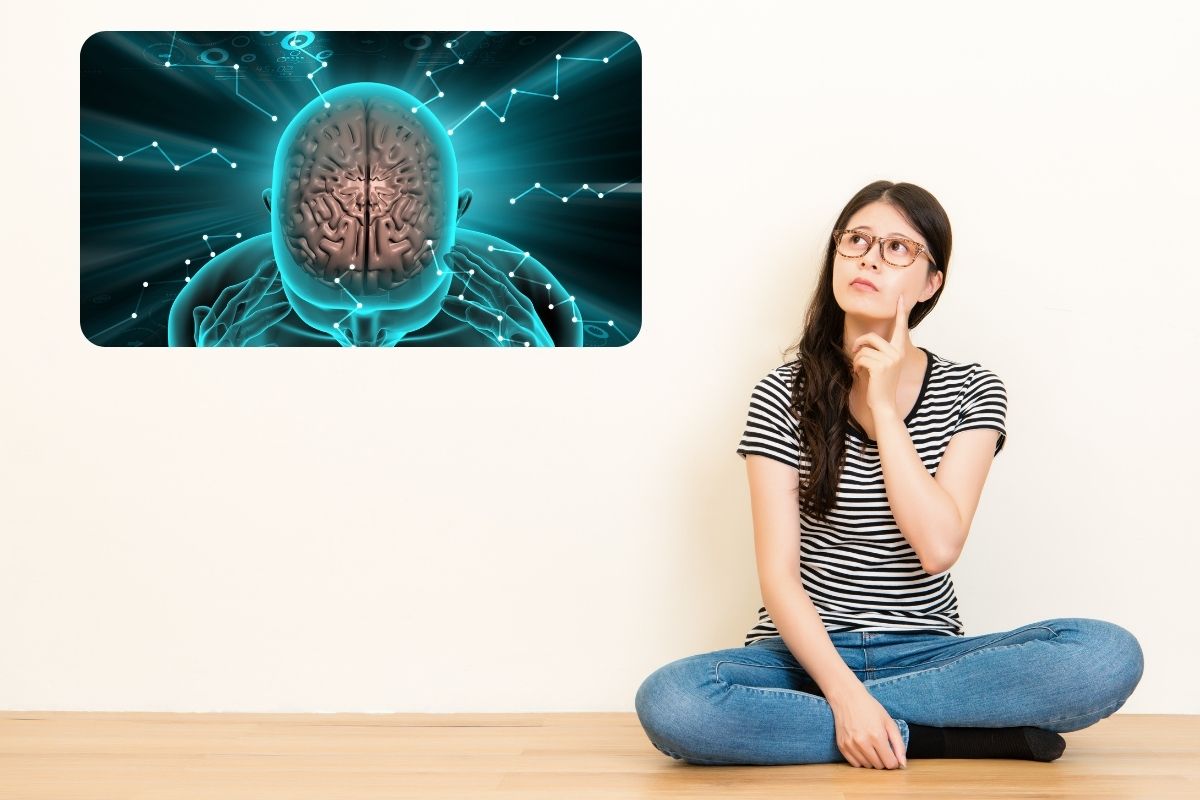
Overview: I love it when we have other authors on the blog! In this post from counsellor Nicola, she explores some tips for being more flexible, resilient and adaptable. Reading time ~ 3 minutes.
I have had the good fortune to be a counsellor in the Health, Counselling and Disability Service for some years and witnessed many a student recover from a variety of stressful, traumatic and negative experiences. This ‘recovery’ is accomplished in so many weird and wonderful ways that goes beyond the clichés of many a fine mental health strategy.
Charlies Darwin made the comment that ‘It is not the strongest of the species that survives, nor the most intelligent that survives. It is the one that is most adaptive to change’.
In my discussions with students we often explore ideas of wellbeing that allow for good stuff to happen in our brains. The idea that even if we don’t understand or believe that particular practices are doing anything – they are. Neuroplasticity – or brain plasticity – is the ability of the brain to modify its connections or re-wire itself. Without this ability, any brain, not just the human brain, would be unable to develop from infancy through to adulthood or recover from brain injury.
The act of doing, without believing still creates new pathways in the brain. A bit like we don’t get stronger tummy muscles by thinking about it…we have to do the sit-ups. So what might these ‘brain sit-ups’ look like? Linda Graham (2015) talks about the 6 C’s of coping and creating flexibility and resilience.
- Calm – actively down regulating. That might be taking some deep breaths, opening the car window to feel the wind on our face, a walk and so on.
- Compassion – empathy toward self and others, concern/kindness. ‘One cannot live with sighted eyes and feeling heart and not know the misery which affects the world’ (Lorraine Hansberry).
- Clarity. We might achieve this by taking a moment to pause, become present. Stepping back, shifting perspectives and choosing wisely our next options.
- Connections to resources. Our brains are wired to connect with other brains. Socialising does assist us in our academic pursuits.
- Competence. The idea of ‘sure I can’. Small accomplishments count. I recently made the decision to increase my water intake and feel good (competent) for doing so.
- Courage. For example, you might feel nervous – hands shaking, beating heart, worrying about others perceptions. This may be an opportunity to try something new or even take a risk.
I can usually identify when my ‘brain is a little out of whack’. I am likely not practicing my brain sit-ups. Choosing to respond is often the most difficult challenge.
Nicola

